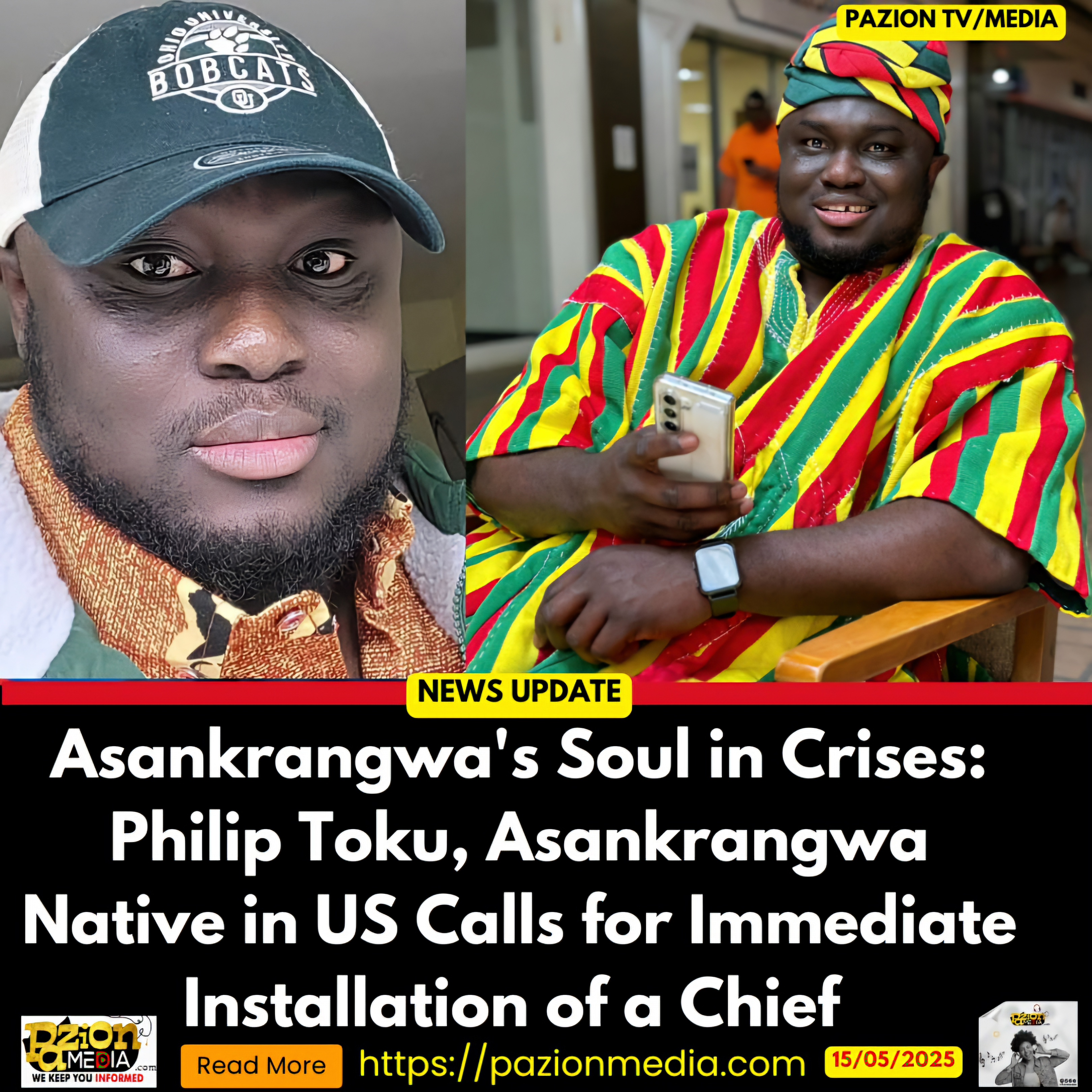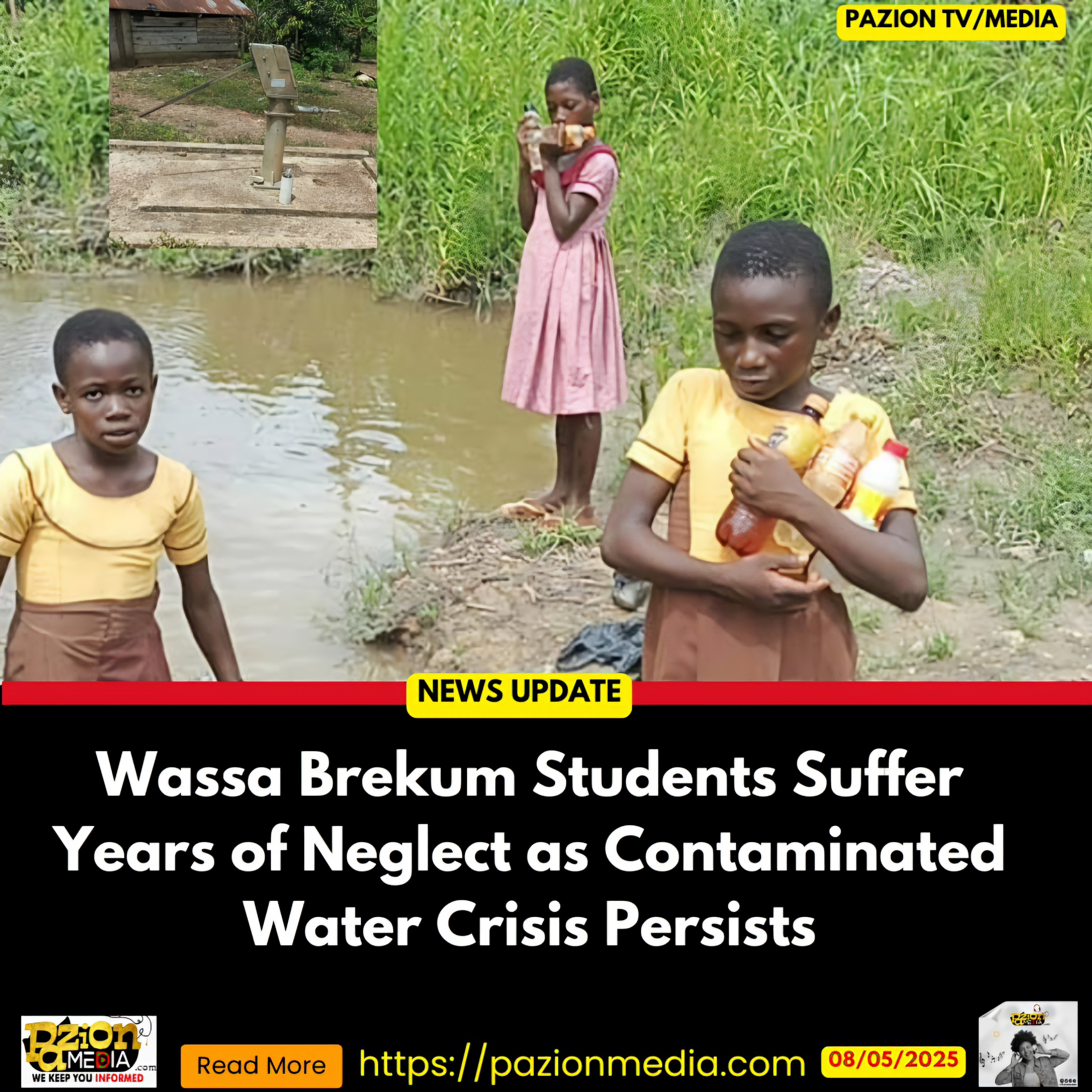While natural disasters such as tornadoes, hurricanes, and flooding often capture headlines due to their catastrophic impact, it may come as a surprise that the deadliest weather condition for humans is actually heat. Despite its less dramatic portrayal, excessive heat poses a significant threat to human health and well-being, particularly in regions with inadequate access to cooling resources.
Understanding the Lethality of Heat:
Heatwaves are periods of prolonged and unusually high temperatures that can have profound impacts on human health, ranging from heat exhaustion and heatstroke to exacerbation of pre-existing medical conditions. Unlike sudden-onset disasters such as tornadoes or hurricanes, heatwaves often unfold gradually, making their insidious effects less apparent but no less deadly. Vulnerable populations, including the elderly, young children, and individuals with chronic illnesses, are particularly susceptible to the adverse consequences of extreme heat.
An analysis of mortality data from the past 30 years reveals the staggering toll of heat-related fatalities compared to other weather-related phenomena. While tornadoes caused an average of 70 deaths per year and flooding an average of 81 deaths per year, heat claimed an average of 130 lives annually. This disparity underscores the lethal potency of heatwaves and the urgent need for effective mitigation strategies to protect public health.
Factors Contributing to Heat-Related Mortality:
Several factors contribute to the heightened lethality of heatwaves, including:
1. Lack of Access to Cooling Resources: Individuals without access to air conditioning or sufficient water are particularly vulnerable during heatwaves, as prolonged exposure to high temperatures can lead to dehydration, heat exhaustion, and heatstroke.
2. Urban Heat Island Effect: Urban areas tend to trap and retain heat, exacerbating the intensity and duration of heatwaves. The urban heat island effect can disproportionately affect marginalized communities with limited access to green spaces and cooling infrastructure.
3. Underlying Health Conditions: Pre-existing medical conditions, such as cardiovascular disease, respiratory disorders, and mental health issues, can increase susceptibility to heat-related illnesses and complications.
Mitigation Strategies:
To mitigate the impact of heatwaves and reduce heat-related mortality, several strategies can be implemented:
1. Public Health Education: Increasing awareness about the dangers of extreme heat and educating individuals on preventive measures, such as staying hydrated, seeking shade, and limiting outdoor activities during peak heat hours.
2. Heat Emergency Response Plans: Developing and implementing heat emergency response plans that prioritize the protection of vulnerable populations, including the establishment of cooling centers, distribution of water, and outreach to at-risk communities.
3. Urban Planning and Design: Implementing urban planning and design strategies aimed at reducing the urban heat island effect, such as increasing green spaces, incorporating cool roofing materials, and enhancing natural ventilation in buildings.
While tornadoes, hurricanes, and flooding capture headlines with their dramatic displays of destruction, heatwaves quietly claim the title of the deadliest weather condition for humans. The comparative analysis of mortality data underscores the urgent need to prioritize heatwave preparedness and mitigation efforts to protect public health and safety. By raising awareness, implementing targeted interventions, and addressing underlying vulnerabilities, societies can mitigate the lethal impact of heatwaves and build resilience to extreme heat events in the face of climate change.
 Pazionmedia.com Pazion Media l Latest News l Politics l Sports l Entertainment
Pazionmedia.com Pazion Media l Latest News l Politics l Sports l Entertainment



